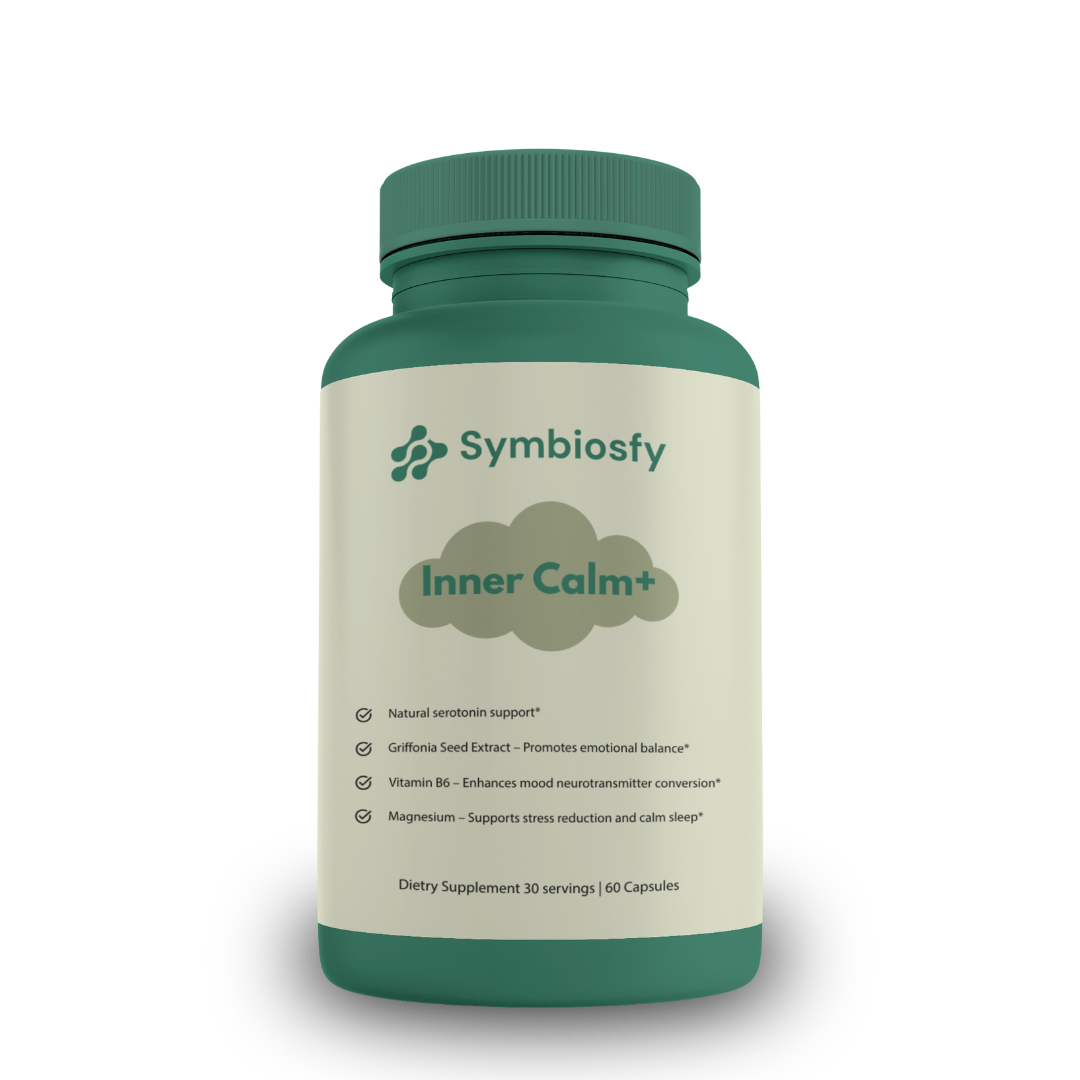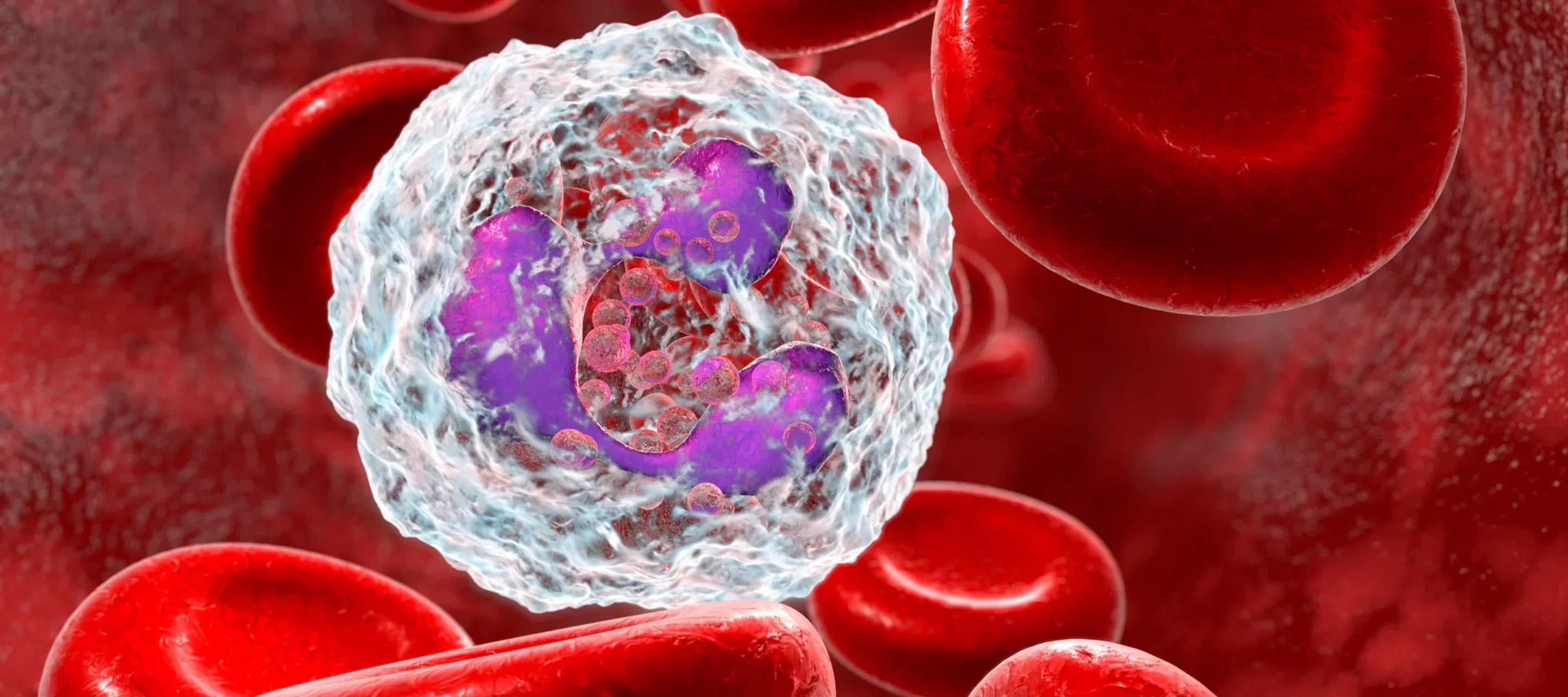How 70% of Your Immune System Lives in Your Gut
When most people think about their immune system, they picture white blood cells fighting off colds or infections. But here’s something surprising — around 70% of your immune system actually lives in your gut.
This means your digestive system isn’t just about breaking down food. It’s also one of your body’s most important defence systems, working every day to protect you from harmful invaders.
Your Gut: More Than Digestion
Inside your gut, there’s a complex network of cells, tissues, and friendly microbes that work together to protect you. This system is called the gut-associated lymphoid tissue (GALT).
GALT acts like a “border control” for your body, checking everything that comes through your digestive tract — from food particles to bacteria — and deciding what’s safe and what’s not.
The Role of the Microbiome
Your gut is home to trillions of microbes — including bacteria, fungi, and other microorganisms — collectively known as the gut microbiome.
When your gut microbiome is balanced:
-
It helps train your immune cells to respond correctly.
-
It stops harmful microbes from taking over.
-
It produces important compounds that support immune health.
But when this balance is disrupted (due to stress, poor diet, antibiotics, or other factors), it can make it harder for your immune system to respond effectively.
Why the Link is So Strong
Researchers have found that gut bacteria and immune cells are in constant communication. The gut wall — a thin but vital barrier — lets nutrients pass through while blocking harmful invaders.
If this barrier becomes weakened, unwanted particles can slip through, triggering an immune response. Over time, this can make the immune system overactive or less efficient.
How to Support a Healthy Gut-Immune Connection
While everyone’s body is unique, some general habits can help maintain a healthy gut environment:
-
Eat a variety of whole foods – Fruits, vegetables, legumes, nuts, and seeds provide fibre and nutrients for your microbiome.
-
Stay hydrated – Water helps maintain healthy digestion and nutrient transport.
-
Limit processed foods and excess sugar – These can disrupt microbial balance.
-
Manage stress and get enough sleep – Both are linked to gut health and immune function.
The takeaway:
Your gut and your immune system aren’t separate — they’re deeply connected. By looking after your gut health, you’re also supporting your body’s ability to defend itself naturally.
References
-
Belkaid, Y., & Hand, T. W. (2014). Role of the microbiota in immunity and inflammation. Cell, 157(1), 121–141. https://doi.org/10.1016/j.cell.2014.03.011
-
Honda, K., & Littman, D. R. (2016). The microbiota in adaptive immune homeostasis and disease. Nature, 535(7610), 75–84. https://doi.org/10.1038/nature18848
-
Round, J. L., & Mazmanian, S. K. (2009). The gut microbiota shapes intestinal immune responses during health and disease. Nature Reviews Immunology, 9(5), 313–323. https://doi.org/10.1038/nri2515

